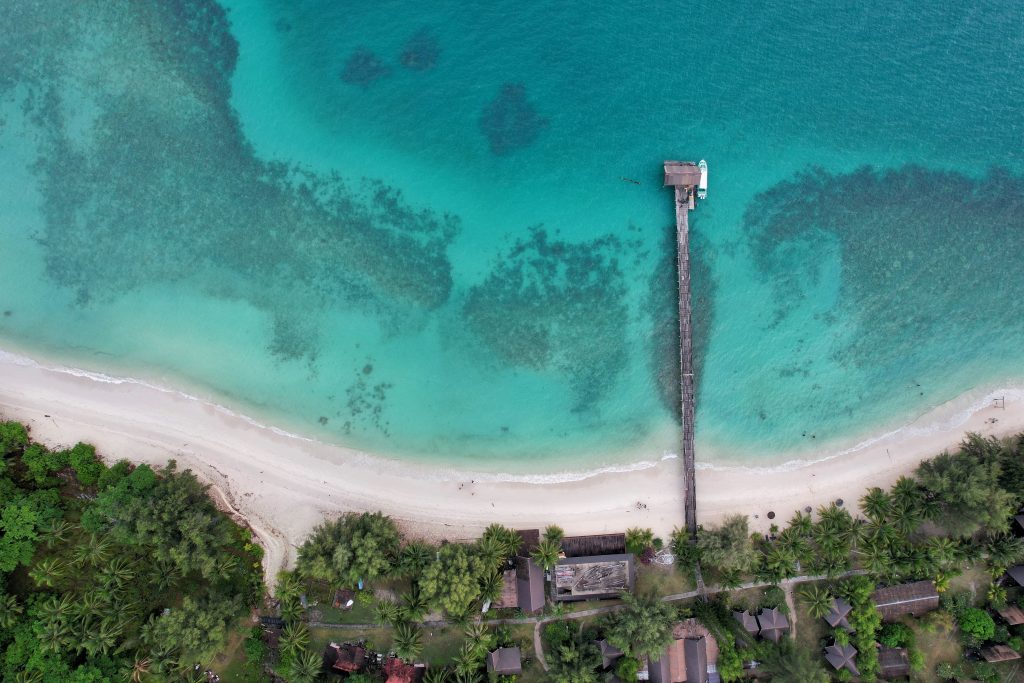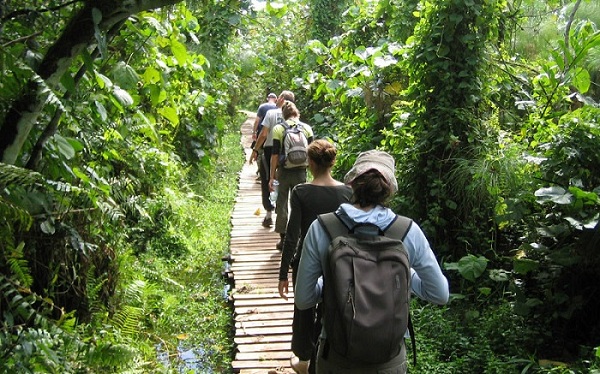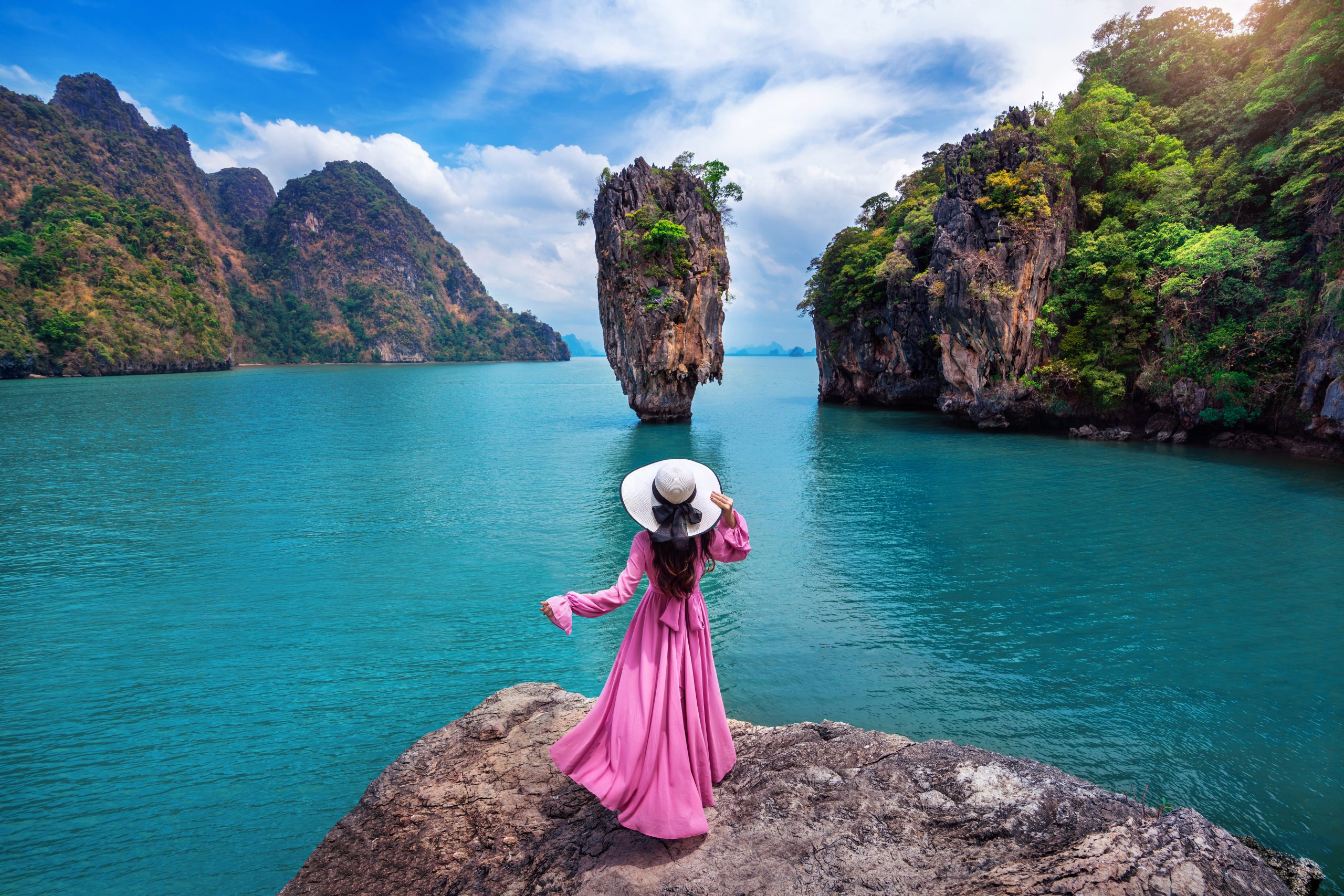
Malaysia’s King, Sultan Ibrahim, has called for urgent action to ensure that tourism growth in the Mersing region does not come at the expense of its natural environment. In a recent address, His Majesty underlined the importance of striking “a balance between progress and preservation” and highlighted the need for stronger regulations and policies to protect the district’s fragile marine ecosystems.
Mersing, located in the southern state of Johor, has long been celebrated for its pristine beaches, coral reefs and rich marine biodiversity. Its surrounding islands, including Pulau Sibu and Pulau Rawa, attract thousands of visitors each year for diving, snorkelling and boating. Yet the rapid expansion of tourism has raised serious concerns over environmental degradation, with coral reefs suffering from overfishing, pollution and human disturbance.
“We need tourism to Mersing, tourism that maintains the environment,” the King declared. “The beauty of our natural landscapes and marine ecosystems is a priceless treasure. It is a duty for all Malaysians to protect these resources, not just for our enjoyment today but for the generations that follow.”
His Majesty’s remarks follow a bold decision by the Mersing District Council to suspend all water-related activities on six islands in the area. The move, which includes halting popular activities such as diving and snorkelling, is aimed at curbing further damage to the coral reefs and marine life. While the suspension has been welcomed by environmentalists, the King stressed that it must form part of a broader, more coordinated strategy. “The suspension of activities on these islands is an important step in the right direction,” he said. “But we need more comprehensive and long-term solutions to safeguard our environment.”
The King urged collaboration between the government, local authorities and the tourism sector to create a framework that balances ecological protection with economic development. This includes stricter enforcement of environmental laws, tougher penalties for violations and more consistent monitoring of tourist hotspots. His Majesty also emphasised the importance of environmental education, both for visitors and local communities, to foster greater awareness of the region’s ecological value.
“Tourism should not just be about numbers; it should be about quality experiences that benefit both the visitors and the environment,” he noted, calling for investment in eco-friendly tourism models that focus on smaller-scale, high-value experiences rooted in sustainability.
The King’s intervention has sparked a broader national discussion on the future of Malaysia’s tourism industry, with Mersing now seen as a litmus test for how the country balances economic growth with conservation. Stakeholders from across the spectrum — policymakers, businesses and environmental groups — are weighing in on how to preserve the country’s natural heritage while maintaining its global appeal as a destination.
As Malaysia looks ahead, the leadership shown on this issue reflects a growing recognition that sustainability must be central to tourism planning. Protecting Mersing’s marine treasures is not only vital for local livelihoods but also for the global ecological community. By taking decisive action now, Malaysia can ensure that its natural wonders remain a source of pride and prosperity for generations to come.




